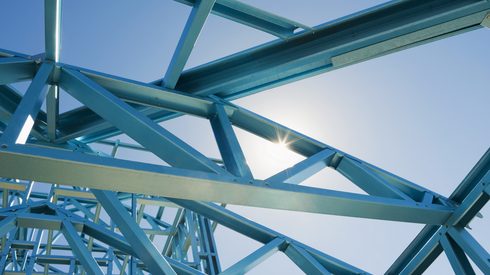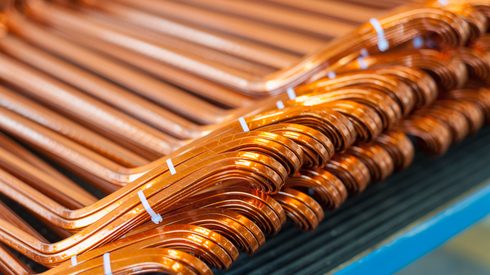Market participants gathered at Fastmarkets’ International Aluminium conference held Monday-Thursday September 12-15 in Barcelona to negotiate contracts and discuss market conditions.
“There is a lot of negative sentiment around, especially for the remainder of this year,” one European trader said. “I think everyone is in collective agreement that it might look a bit bleak.”
“I think the industry is going to have to sit tight, brave the winter months, and then hopefully things will improve,” a second trader said.
Aluminium premiums in Europe had been falling prior to the conference, with bearish sentiment already taking hold of the market. And participants in Barcelona were mostly in agreement that there could be more downsides to come.
Fastmarkets assessed its benchmark aluminium P1020 premium, in-whs dp Rotterdam at $400-440 per tonne on Friday, September 16, down from $420-460 per tonne a week earlier.
The premium was down by $30-40 per tonne from $450-500 per tonne at the end of August, 31% lower than the all-time peak of $600-630 earlier this year.
And weaker market conditions are expected to prevail throughout the rest of the year, market participants told Fastmarkets.
“Consumers don’t want to pick up any tonnes; we [see] little interest right now,” one producer said.
Other market participants told Fastmarkets there was “no panic” in the market about buying units, despite recent smelter cuts in Europe, with consumers largely well-stocked in the short term.
High energy costs have caused a number of smelters to go offline in the last 12 months, the most recent being Hydro’s Slovalco smelter. Alcoa’s Norway-based Lista smelter also underwent a partial output reduction in the first half of September.
More smelter cuts in Europe are considered possible, but given the ongoing weak premiums in Asia, imports could compensate for the loss of domestic production, participants said.
Fastmarkets assessed its aluminium P1020 premium, cif Japan at $85-95 per tonne on Friday. It averaged $90-105 per tonne during August 2022, as compared with an average of $166.11-184.44 per tonne in August 2021.
“The main issue is the demand, really,” a third trader said. “We haven’t seen a lot of consumers this week, and they don’t need anything for the rest of the year.”
High energy costs are also having an impact on downstream markets, and there are concerns that end users may have to cut production as well. But many conference participants said it was still unclear exactly how much demand would be affected.
“You can see in figures every time a smelter comes offline or production is curtailed – it immediately goes to the headlines,” a fourth trader said. “But what is more difficult to summarize is the effect of energy on demand. It’s less easy to put an exact number on [that], and this creates a lot of uncertainty in the market.”
There are also concerns that falling aluminium product premiums will squeeze margins further and reduce some production for value-added products such as aluminium billet.
Fastmarkets assessed its aluminium 6063 extrusion billet premium, ddp North Germany (Ruhr region) at $1,000-1,050 per tonne on Friday, down from its all-time high of $1,500-1,600 per tonne earlier this year.





